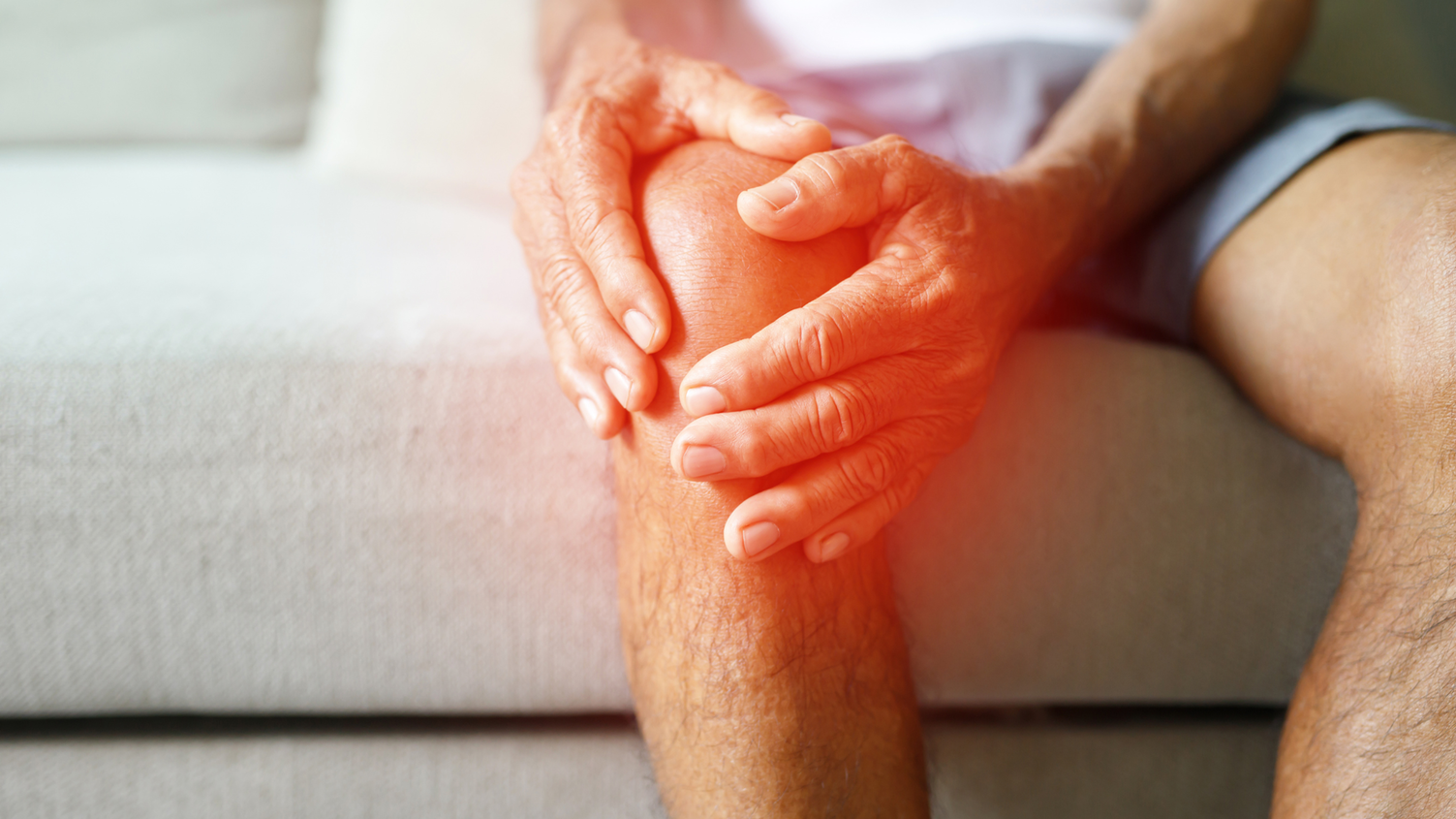Addressing Chronic Inflammation and Knee Pain: An Exploration of Alternative Approaches

Abstract
Chronic inflammation can profoundly impact quality of life, often resulting in debilitating knee pain and joint deterioration. This paper explores naturopathic methods for managing chronic inflammation and knee pain, with a focus on fluid balance, meridian health, and polarity. It evaluates non-invasive treatments and contrasts them with conventional surgical options.
Introduction
Chronic inflammation is a prevalent issue that can lead to severe joint pain. This paper provides a naturopathic perspective on alternative approaches for managing knee pain and inflammation. Emphasis is placed on fluid balance, meridian health, and polarity as viable options before considering invasive procedures like knee replacement.
Fluid Balance and Joint Health
Maintaining optimal fluid balance is essential for joint health. Proper hydration and a balanced intake of minerals such as magnesium and sodium are critical for effective joint lubrication. Even minor fluid deficits can aggravate pain and inflammation. Ensuring adequate hydration and mineral balance supports joint function and reduces friction, which is essential for managing knee pain from a naturopathic standpoint.
Meridian Health and Inflammation
In naturopathic medicine, meridians are considered pathways through which vital energy (Qi) flows. Blockages in these pathways can lead to chronic pain and inflammation. Techniques such as acupuncture and meridian therapy are employed to clear these blockages, promoting the free flow of energy and alleviating inflammation. Addressing meridian health can be a key component in reducing knee pain and improving joint function.
The Role of Polarity in Health
Polarity, or the balance between the brain's hemispheres, is crucial for overall health. Imbalances in polarity can contribute to chronic pain and inflammation. Naturopathic approaches, including pendulum testing and energy balancing exercises, aim to assess and correct these imbalances. By restoring polarity balance, it is possible to enhance overall well-being and reduce physical symptoms associated with knee pain.
Case Study and Personal Experience
A case study of a farrier who experienced persistent pain following hip replacement surgery highlights the importance of addressing underlying issues before resorting to invasive procedures. This case illustrates the need for a thorough naturopathic assessment, including evaluating meridian blockages and polarity imbalances, to effectively manage chronic inflammation.
Alternative Treatments and Recommendations
Before considering surgical options, individuals should explore the following naturopathic approaches:
- Hydration and Nutrition: Maintain proper fluid intake and balance essential minerals to support joint lubrication and reduce inflammation.
- Meridian Therapy: Utilize acupuncture and meridian-based treatments to address energy blockages and enhance the flow of Qi.
- Polarity Therapy: Employ techniques such as pendulum testing and energy balancing to correct polarity imbalances and improve overall health.
Acupuncture and Energy Healing Insights
Incorporating acupuncture to address meridian imbalances can be highly effective. For knee issues, focusing on the left knee may influence the right knee, and applying acupuncture patches can help address disruptions in meridian communication. Psychological factors, such as unresolved emotional issues or self-condemnation, can also impact knee pain. Shifting from negative to positive affirmations, like focusing on gratitude and healing, supports both physical and emotional well-being.
Energy Balancing Techniques
Use pendulum tests and affirmations to balance energy. For example, place a hand on the heart chakra, hold your breath, and repeat positive affirmations with gratitude to realign your energy. Daily expressions of gratitude and positive affirmations, such as "I am grateful for my body’s balanced polarity and healing energy," can support the body’s natural healing processes.
Additional Practical Measures
Combine affirmations with practical measures such as using acupuncture patches and avoiding harmful materials like plastic. Maintaining a positive mindset and practicing daily gratitude are essential for supporting the body’s healing journey.
Conclusion
Chronic inflammation and knee pain can be effectively managed through a combination of naturopathic therapies that address fluid balance, meridian health, and polarity imbalances. Exploring these non-invasive options can offer significant relief and enhance quality of life, potentially avoiding the need for surgical interventions. Personalized naturopathic care and ongoing evaluation are crucial for achieving optimal health outcomes.